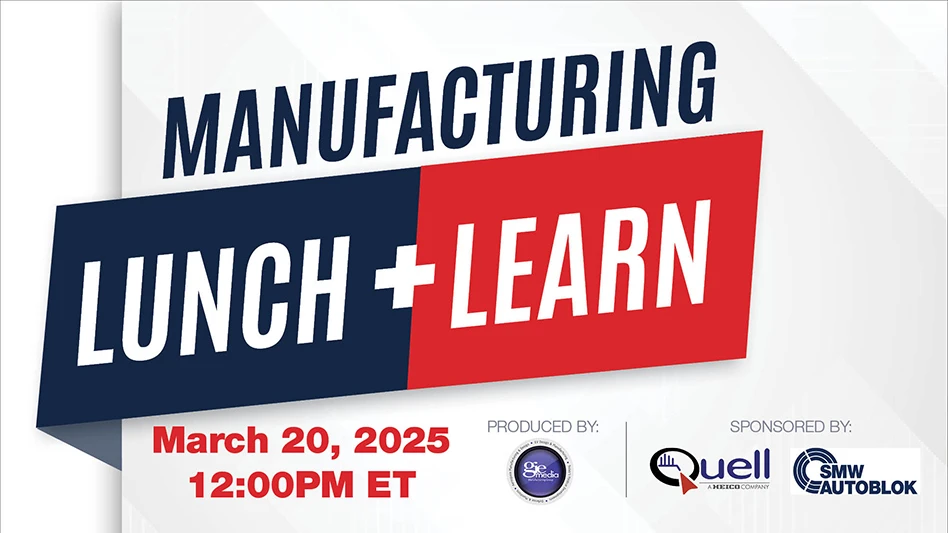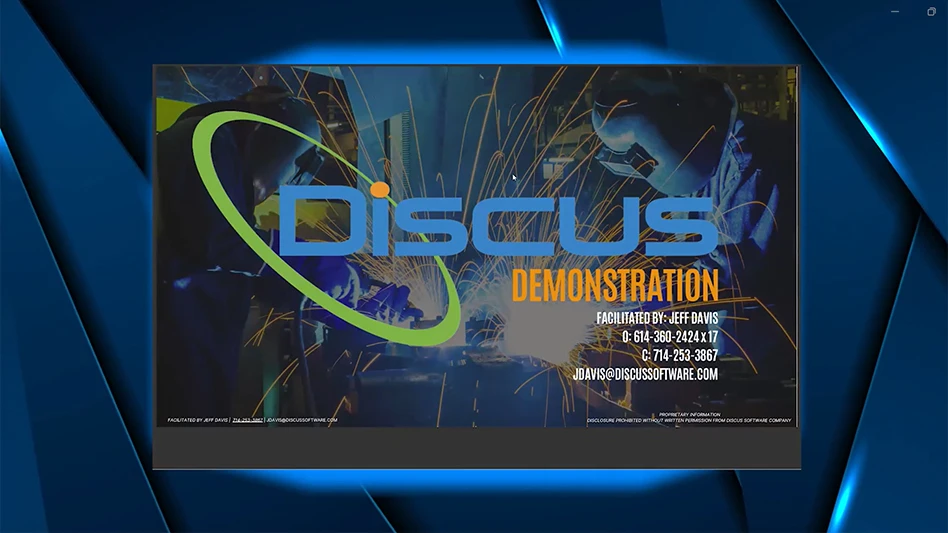
Joby Aero Inc.
Santa Cruz, California-based Joby Aero Inc. has achieved an important milestone in the development of its all-electric air taxi for commercial passenger service by flying a full-size prototype vehicle more than 150 miles on a single charge, including a vertical take-off and landing.
The flight was completed at Joby’s Electric Flight Base in Big Sur, California, as part of the company’s ongoing flight test campaign. The aircraft, piloted from the ground by Joby’s Chief Test Pilot Justin Paines, took off vertically before transitioning to forward flight and completing 11 laps of a predefined circuit. After more than 1 hour and 17 minutes in the air, the aircraft landed vertically, having covered a total distance of 154.6 statute miles.
JoeBen Bevirt, founder and CEO of Joby, said, “We’ve achieved something that many thought impossible with today’s battery technology.
Joby’s prototype aircraft uses commercially available lithium-ion batteries that have been adapted for aerospace use. An 811 NMC cathode and a graphite anode cell were selected, following internal testing, to deliver the optimal trade-off between the specific energy required to fly the aircraft 150 miles, the specific power to take-off and land vertically, and the cycle life to deliver an affordable service. Joby researchers demonstrated in the lab that this battery is capable of more than 10,000 of our expected nominal flight cycles.
The team developing Joby’s energy system is led by Jon Wagner, head of powertrain and electronics, who previously led battery engineering at Tesla.
Paines, a former Royal Air Force test pilot who helped develop the controls for the F-35 Joint Strike Fighter before joining Joby as its chief test pilot, added, “Achieving this milestone is an important validation of our technology and I’m incredibly proud to have played a small part in what is, to our knowledge, the longest all-electric eVTOL [electric vertical take-off and landing] flight performed to date.”
Joby plans to start commercial passenger service in 2024, transporting a pilot and four passengers at speeds of up to 200mph.
The company is working toward certifying its aircraft with the Federal Aviation Administration (FAA), having already agreed on a G-1 certification basis and been awarded a US Air Force Airworthiness Approval.
The FAA requires a Part 135 Air Carrier Certificate for Joby to operate its aircraft as an air taxi service in cities and communities around the United States. Alongside a Type Certificate and Production Certificate, this is one of three regulatory approvals critical to the planned launch of Joby’s all-electric aerial ridesharing service in 2024.
The company is now in the first of five stages necessary for Joby to achieve Part 135 certification in 2022.
In February 2021, Joby announced its intention to merge with Reinvent Technology Partners (RTP), a special-purpose acquisition company. RTP has scheduled an Extraordinary General Meeting of Shareholders for Aug. 5, 2021, to vote on the approval and adoption of RTP’s business combination with Joby.
Latest from Aerospace Manufacturing and Design
- Ralliant to establish global headquarters in North Carolina
- Philatron MIL-DTL-3432 military cables
- Beyond Aero refines its hydrogen-electric light jet
- Americase's advanced protective solutions
- Social media - what are your thoughts
- GE Aerospace secures Air Force engine contract
- Thomson Industries' online sizing and selection tool
- #53 - Manufacturing Matters - 2024 Leaders in Manufacturing Roundtable






